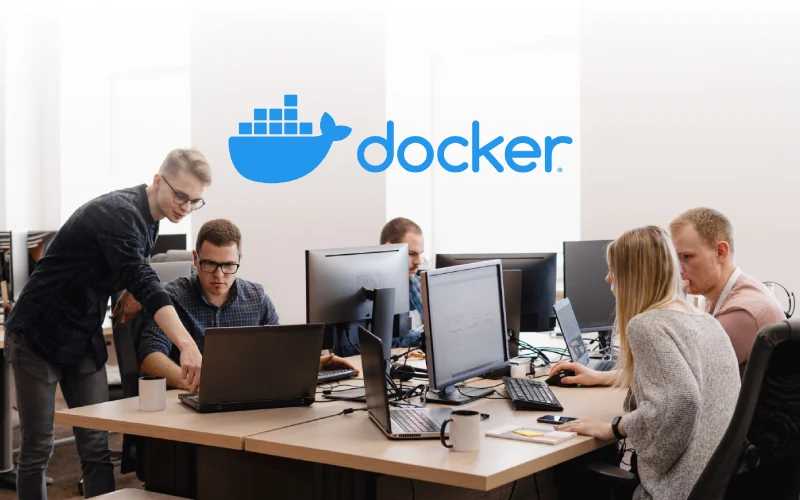Each year more technologies and resources emerge to develop applications and software systems. Today, we tell you what you need to know about Docker: what it is, for what it is used, and which basic concepts are related to it.
What do we mean when we talk about Docker?
Docker is a technology that has been on the market since 2013. It is an open source project, one of the most popular on Github. When we mention Docker, we’re referring to the software that is dedicated to the virtualization of applications or virtualized spaces.
It provides an additional layer of application virtualization abstraction and automation across multiple operating systems. Internally, it uses Linux container technology. Although containers allow you to virtualize, the operating system remains its own.
Docker uses operating system kernel resources to virtualize and isolate applications. It is super light, much faster and therefore weighs much less. Today, there are other softwares that use container technology; however, Docker was one of the first and continues to be the most popular.
What is a container and what is it for?
A container is a virtual space, which uses an image, in which you install all the necessary software so that you can run the applications that you develop. It is self-contained and lightweight, integrating everything needed to run an application, including libraries, system tools, code, etc.
The purpose of a container is to include everything necessary for an application to run on any platform, without having to make any changes. In other words, independence is achieved between the application and the computer on which it runs, since that application runs inside its container, which has everything it needs.
How is an image defined and what is its use?
We could define an image as a template that allows you to create containers. It includes the design and configuration necessary to be able to develop specific containers. Simply put, an image determines the software you need.
What are the differences between Docker containers and virtual machines?
With virtual machines, each guest system is independent of the host system; it has its own management of resources, processes and tasks. This reality makes it difficult to manage those applications that you install on guest systems.
Docker, for its part, proposes not to install a guest system, but to take advantage of the features that are already found in the host system, the one you have installed. This is made possible by the Docker Engine, a service that lives on the host system and makes it easy to deploy standalone containers.
When to use Docker for your product or service?
Today, the use of Docker services is almost essential. If you want to streamline development, experience, and installation, you should always use Docker. Also, if a new developer joins your team, in a few steps they can have the necessary systems to start working.
In a few words, Docker technology becomes fundamental when developing a technological project and/or including a new professional in your team. If you want to know more, do not hesitate to write to us.










